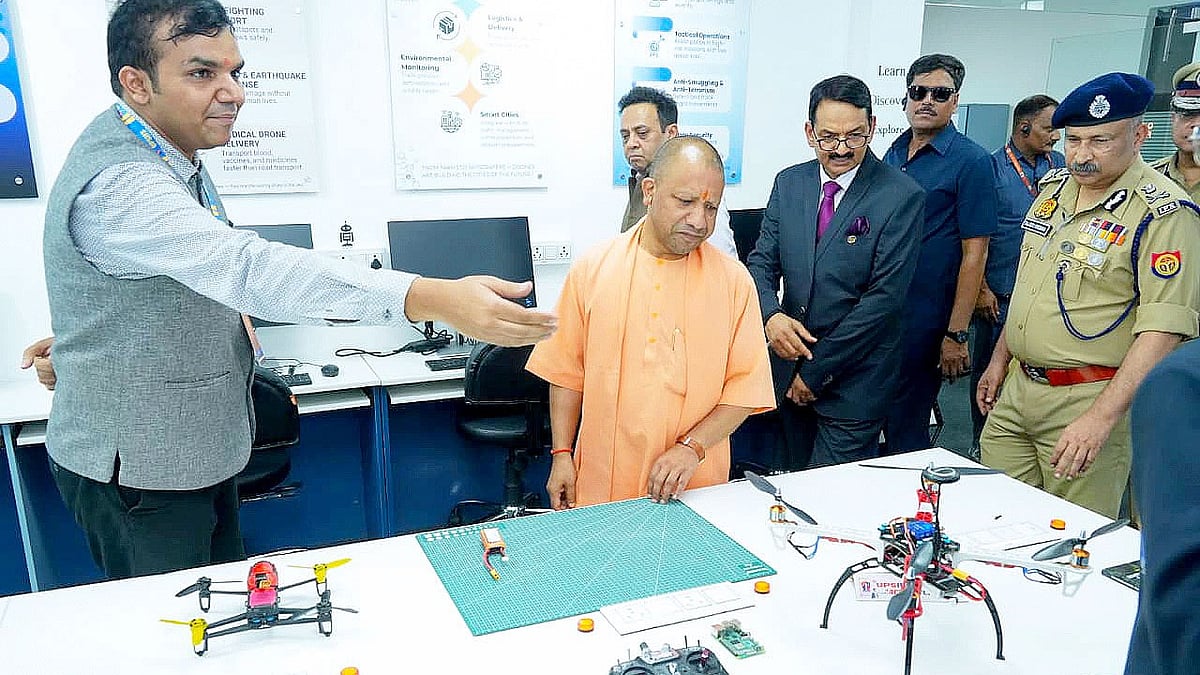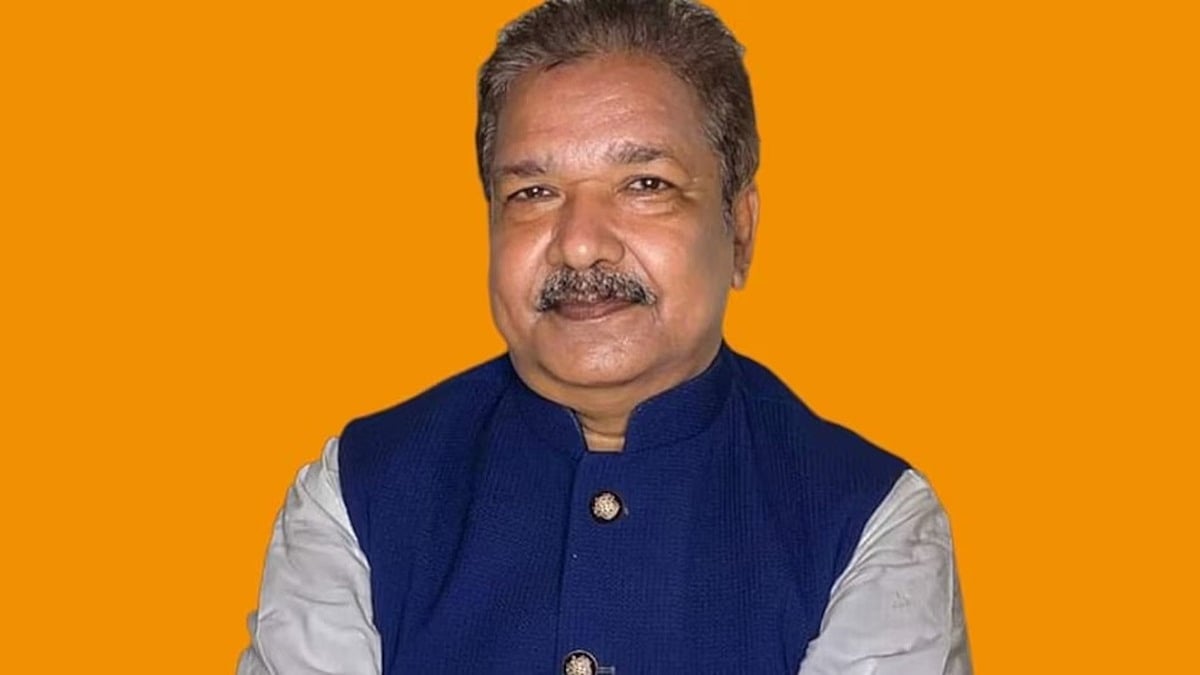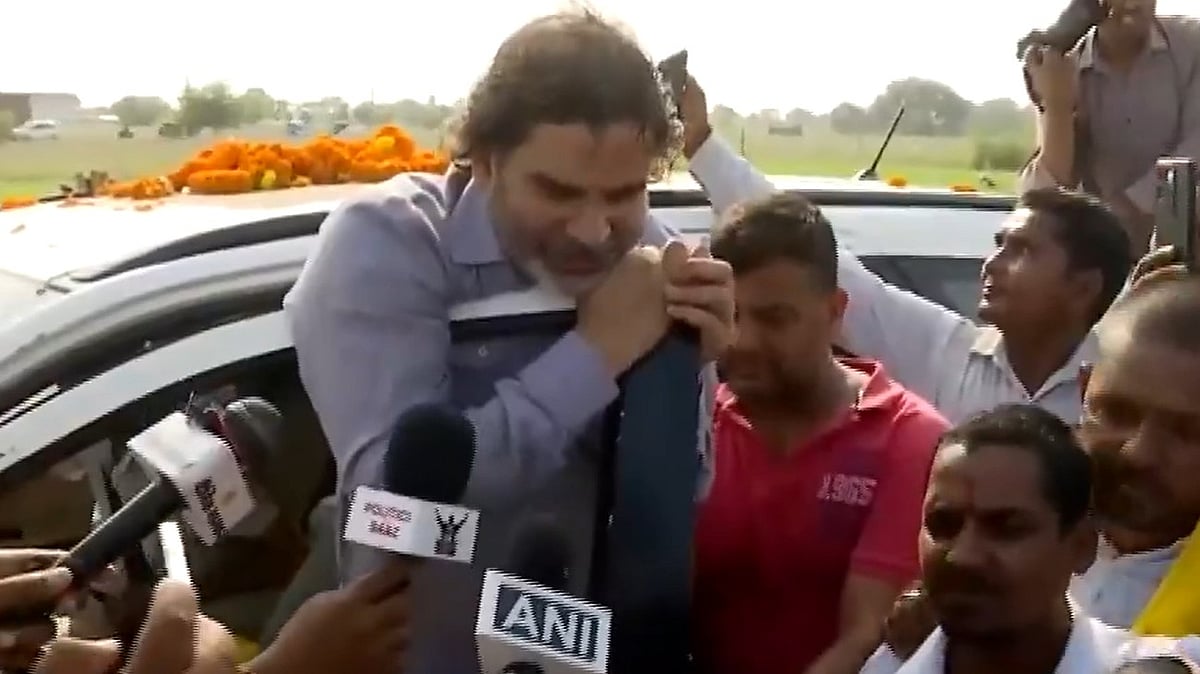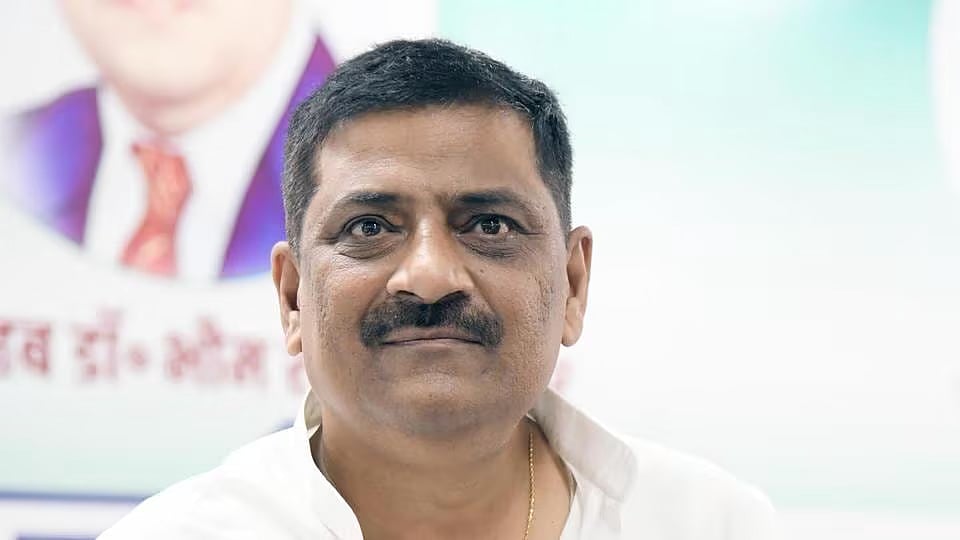Lucknow: Aiming to transform Uttar Pradesh into Uttam Pradesh, the Yogi government is turning to future-ready technologies to meet emerging challenges. On the final day of the three-day seminar at the Uttar Pradesh Institute of Forensic Sciences (UPSIFS), experts deliberated on pressing issues—from cyber security and artificial intelligence to genome mapping, genealogical databases, and forensic justice.
Cyber experts cautioned against growing intrusions from China and Pakistan, urging India to rapidly build secure digital infrastructure. They likened the cyber kill chain to “Raktabeej”, demanding coordinated global action to dismantle it.
Maharashtra’s Principal Secretary Brajesh Singh highlighted that even small incidents can trigger massive disruptions, citing the Hezbollah pager attack and the malware strike that shut down JNPT—India’s largest port—for three months. He explained that cybercrime cannot be countered by traditional policing, as its modular chain—reconnaissance, weaponization, delivery, and exploitation—requires international cooperation. Breaking Lockbit, for instance, took the combined effort of 11 countries.
Singh called for real-time crisis mapping, chain-of-custody protocols for digital evidence, tracking illicit money flows through blockchain and wallets, seizing criminal infrastructure, and swift victim assistance. He praised the RBI’s cyber framework, emphasized digital sovereignty, and noted that cybersecurity “is like agriculture—it cannot be imported, it must be cultivated within the country.”
Joining virtually from Australia, cyber expert Robbie Abraham traced the evolution of cyberattacks—from worms like “I Love You” (causing USD 8.7 billion in losses) and Conficker (USD 9 billion across 190 countries) to modern ransomware and phishing-based intrusions targeting browsing data, crypto wallets, and confidential information. Hackers, he said, increasingly rely on logging and credential theft, selling stolen data on the dark web.
He stressed preventive measures such as regular security training, MFA, antivirus use, and heightened caution with emails and messages.
Cyber expert Vivek Sood further discussed advanced security management in the global supply chain.
Australia’s Shantanu Bhattacharya explained how mixed DNA analysis using advanced algorithms aids pattern recognition and separation of victim and accused profiles, citing the Nirbhaya and Gudia rape cases. Dr. Madhusudan Reddy Nandineni from the Centre for DNA Fingerprinting and Diagnostics (Hyderabad) presented insights on next-generation sequencing, rapid DNA, and portable forensic devices.
The Executive Director of Project 39A (NALSAR, Hyderabad) stressed strengthening national forensic labs and educating judges and lawyers to effectively interpret scientific evidence. UPSIFS founding director G.K. Goswami underscored the ethical responsibility of forensic science: “Our effort should be that no innocent is punished, even if many guilty go free. Justice is only possible when evidence is irrefutable and unbiased.”
Sessions on ancestry research and forensic applications featured Rajendra Singh (CDRI Lucknow), Ashish Dubey (IESR Noida), Dr. Neeraj Rai (Birbal Sahni Institute of Palaeosciences, Lucknow), and Amit Kumar (BioAxis, Hyderabad).
On forensic entrepreneurship, U.S.-based Pawan Sharma, A.M. Sheri (IIIT Lucknow), Shiv Poojan (Biotox Solutions), and Ranjit Singh (SIFS New Delhi) encouraged youth to pursue innovation-driven careers.
The seminar concluded with participation from UPSIFS Additional Director Rajeev Malhotra, faculty, and student











